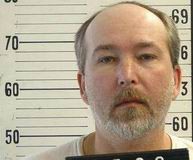Death row inmates prefer a firing squad as a means of execution, according to one Tennessee lawmaker, and his bill “just simply gives them that option.”

Tennessee GOP lawmakers are looking for alternative methods to kill inmates in the state should officials here not be able to adhere to lethal injection protocols. On Tuesday, Rep. Dennis Powers (R-Jacksboro) advanced a bill to include firing squads to the state’s methods. Rep. Paul Sherrell (R-Sparta) wanted to add “hanging by a tree” to the bill but the motion was not formalized by other lawmakers.
Tennessee Governor Bill Lee halted all executions here in May. Officials discovered lethal-injection chemicals had not been screened for toxins before the scheduled execution of Oscar Franklin Smith, one hour before his scheduled execution.
The toxins could cause respiratory and other distressing issues. ACLU of Tennessee Executive Director Kathy Sinback said they can “create the sensation of drowning or burning alive.” Screening for the toxins is mandatory under Tennessee’s execution protocols.
In January, Lee appointed Frank Strada as the new commissioner of the Tennessee Department of Corrections (TDOC), an official who oversaw the renewal of executions as deputy director of the Arizona Department of Corrections. Strada oversaw three executions in 2022, all of which were marked by problems delivering lethal chemicals, according to Tennessee Lookout’s Sam Stockard.
On Tuesday, Powers told the House Criminal Justice Committee that TDOC is not “philosophically opposed” to his legislation. His original bill listed only electrocution as an alternative to lethal injection. But a new amendment introduced Tuesday (not yet available on the legislature’s website) rewrote the proposal and Powers only mentioned firing squads in his presentation.
In his presentation, Powers said “having done a survey of people on death row,” the firing squad method is preferred. He did not cite a source of the survey.
He said capital punishment is “not unconstitutional” in Tennessee and said neither was his bill. He said, “[W]e need to make sure they get these executions done more quickly,” noting that one of his constituents died before the execution of a man convicted of raping and killing the constituent’s wife and daughter.
“This is the most humane way,” Powers said. “If you want to look at the most humane way and the most effective way to do it is by firing squad.”
Powers explained that the method is “not like the old Westerns when they stand up and put … a blindfold on and they’re standing there and they give them a cigarette or something.”
In a special facility, Powers said the inmate would sit in a chair and would be immobilized by some kind of apparatus. Officials would put a target over the inmate’s heart. Families would be invited to watch, as is the case with all executions in the state.
One marksman on the firing squad would shoot a blank so no one would really know who fired the fatal shots. He said other states have had more volunteer help to carry these out than they needed.

Rep. G.A. Hardaway (D-Memphis) read depositions from other states that said “death by firing squad would not significantly reduce the risk of severe pain,” the same reason Tennessee’s lethal injection executions were put on hold.
“Any type of death … it’s going to be painful,” Powers said. “The death that they promoted and carried out for another subject was painful, too. So, I don’t have a whole lot of empathy for people that suffer pain during an execution.”
Arguments for a similar law in South Carolina were heard by that state’s highest court in January but a decision is still pending. Idaho lawmakers are now also considering death by firing squad.

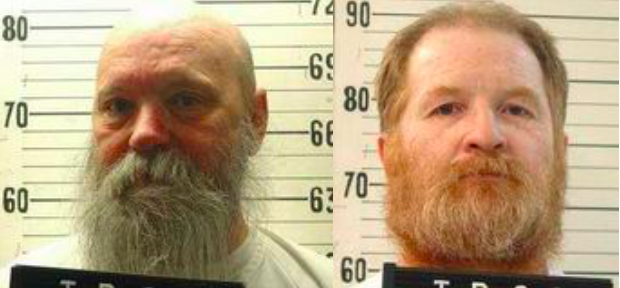
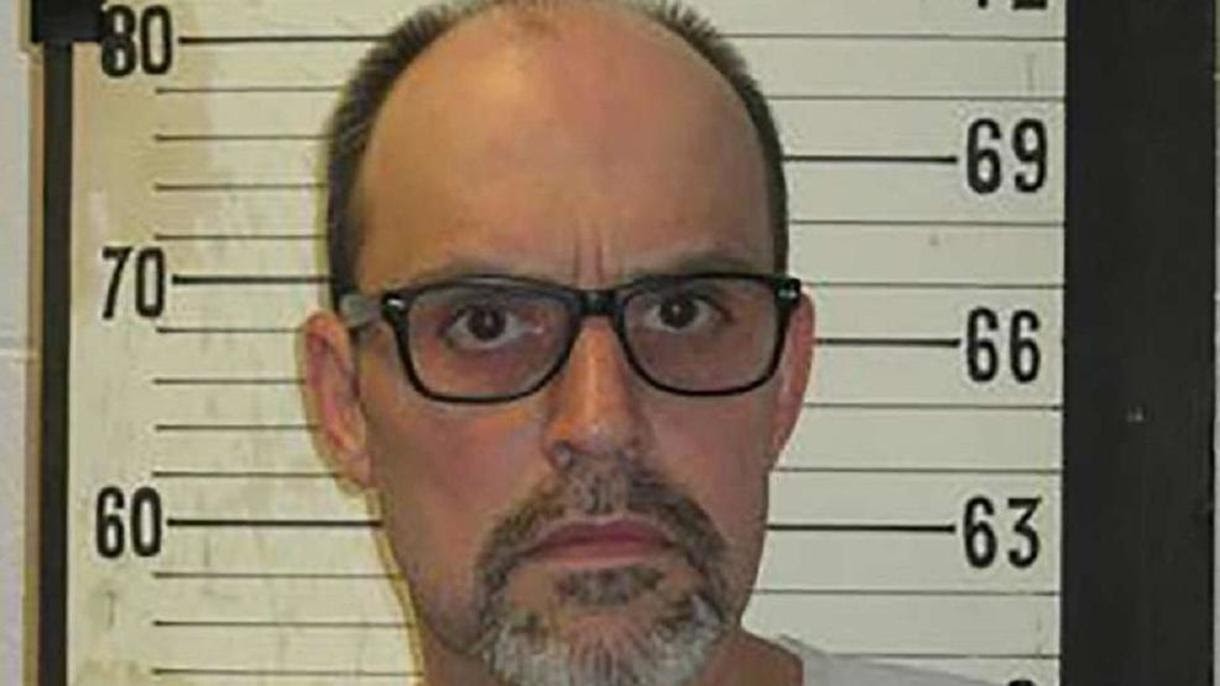 Department of Corrections
Department of Corrections 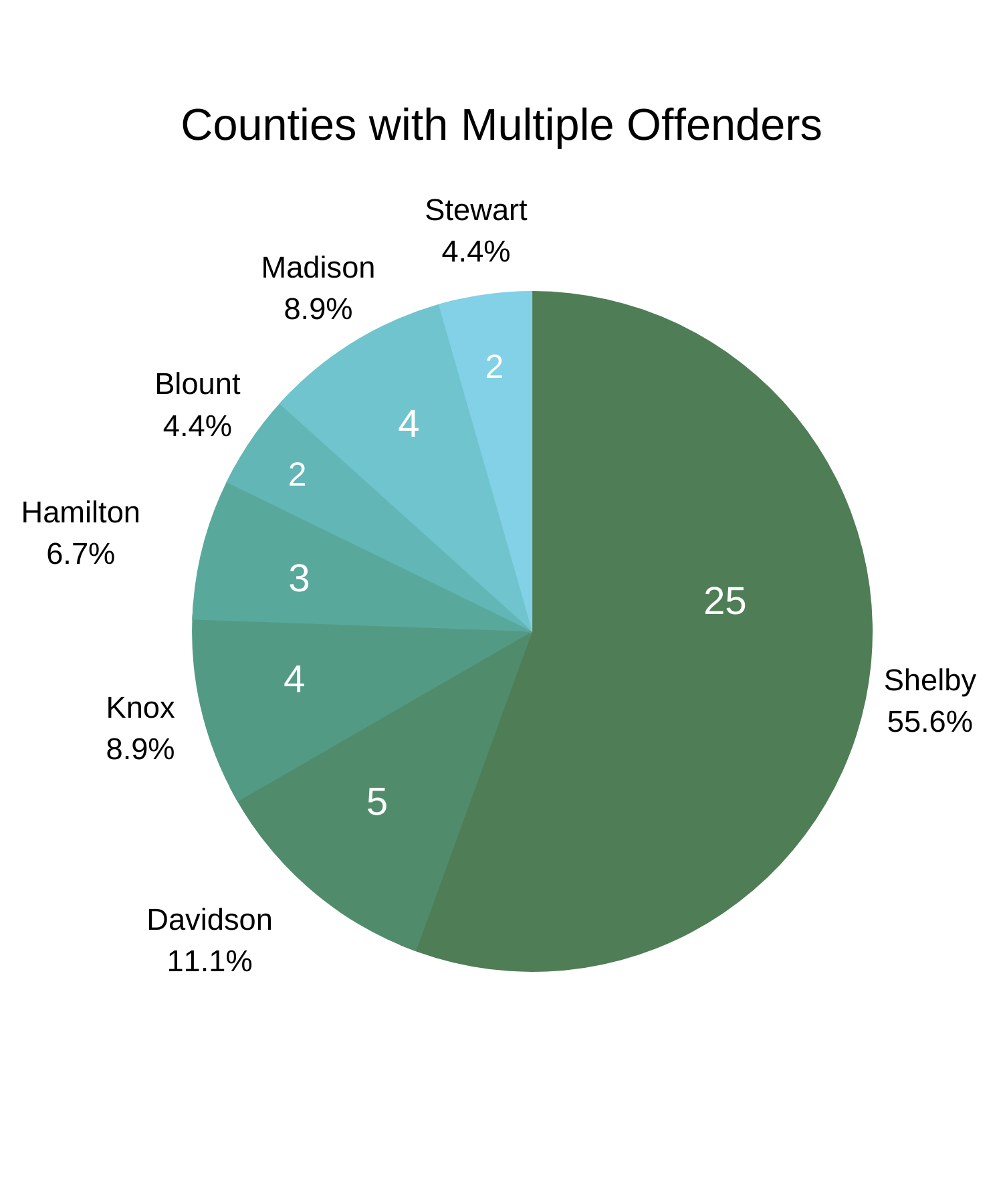
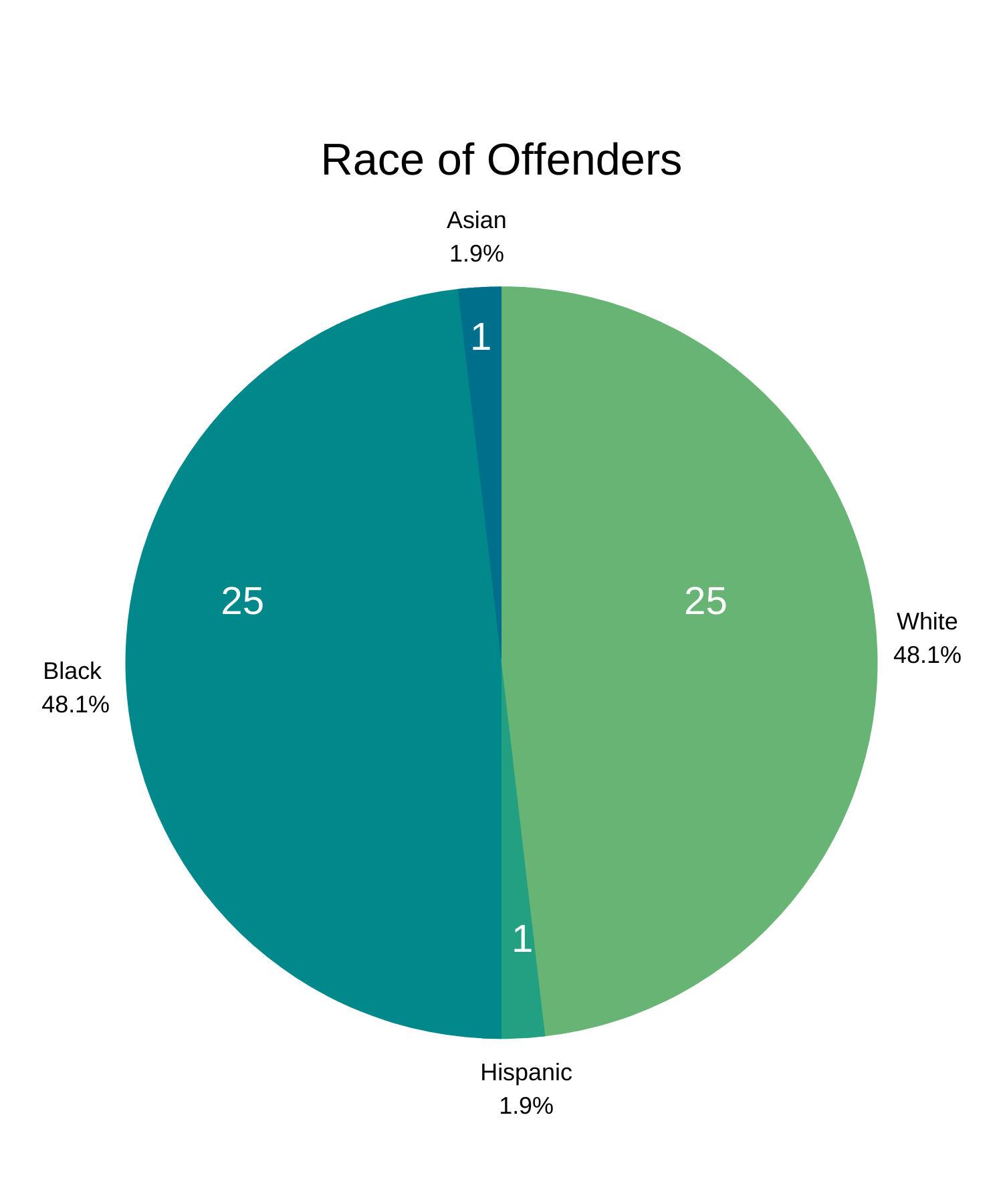
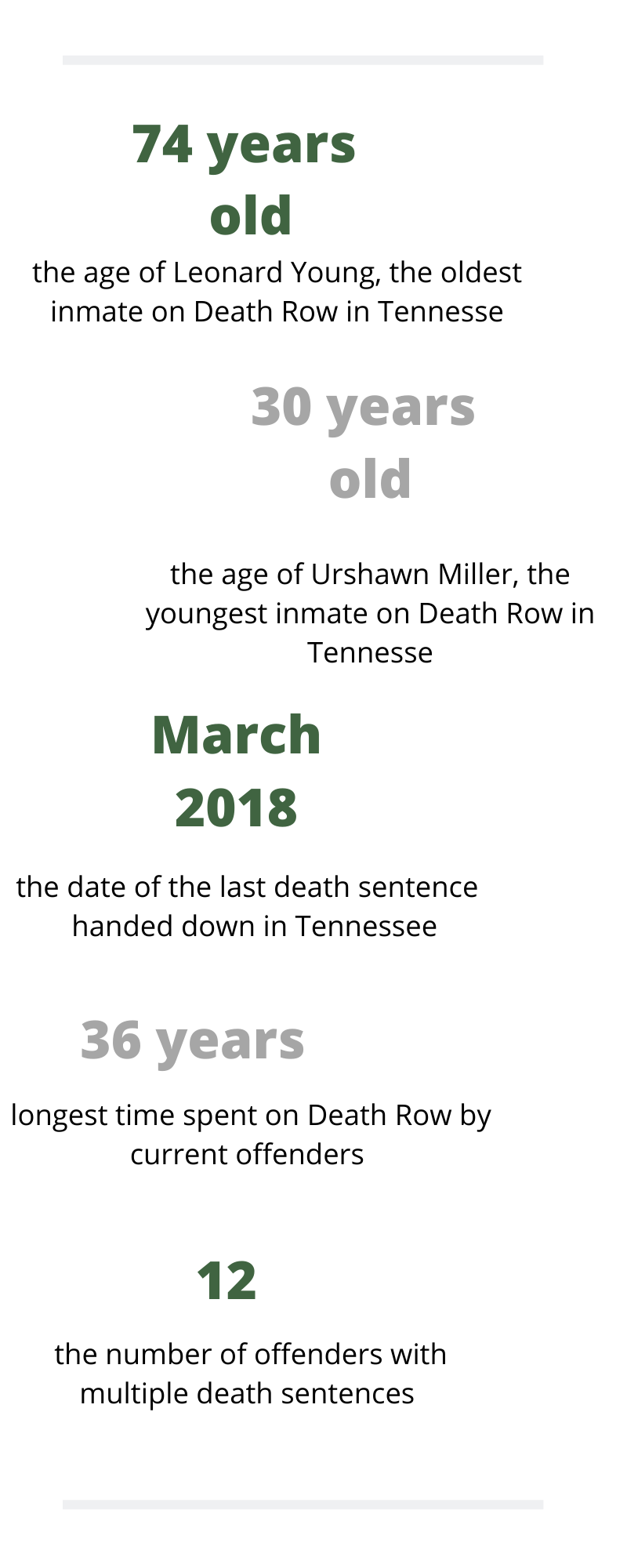
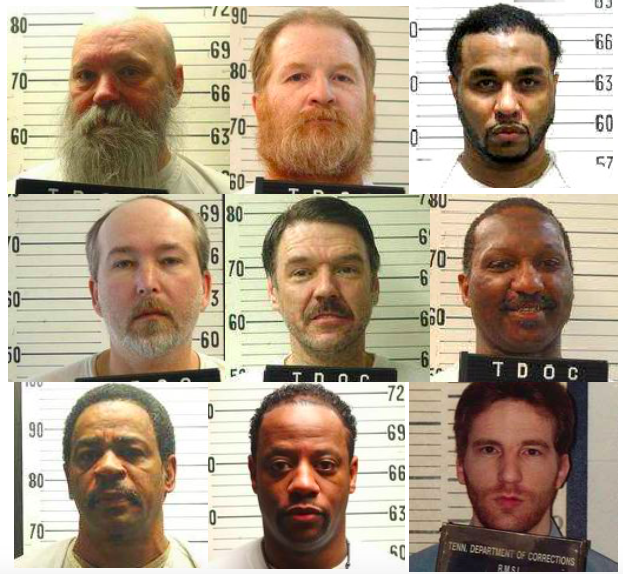 Murderpedia, Tennessee Department of Corrections
Murderpedia, Tennessee Department of Corrections 






